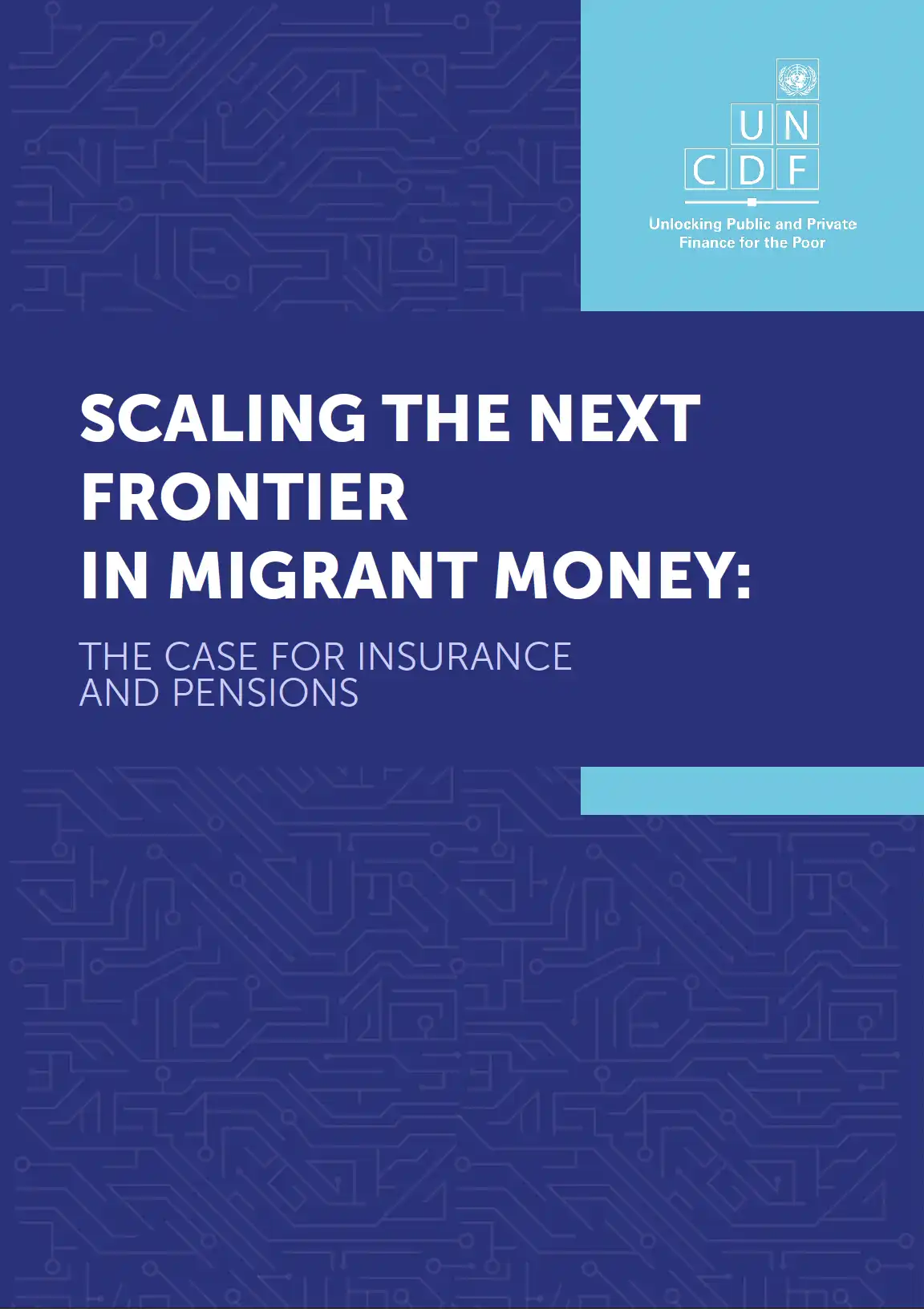Scaling the Next Frontier in Migrant Money: The Case of Insurance and Pensions
The financial resilience of migrants, who constitute 4 percent of the world’s population, is of key importance in the global development discourse. Since remittances often substitute as a risk mitigation measure for migrants’ families, any unforeseen events affecting migrants — such as death, sickness, or job loss — negatively impact the financial stability of the recipient family, leading to excessive debt traps, inequality and poverty.
Insurance and pension play a pivotal role in ensuring financial resilience of migrants and their families. The need for such services has also become accentuated in the post-COVID-19 scenario. Although social security of migrants has been highlighted directly in five of the 17 Sustainable Development Goals (SDGs) and several international conventions, less than 3 in every 100 migrants from low-income countries currently have access to portable social security products and services that could contribute to their financial resilience. In this paper, UNCDF details the demand levels, the ecosystem and the institutional factors that need to be explored to realize the potential of insurance and pensions, contributing to financial resilience of migrants across the world.
